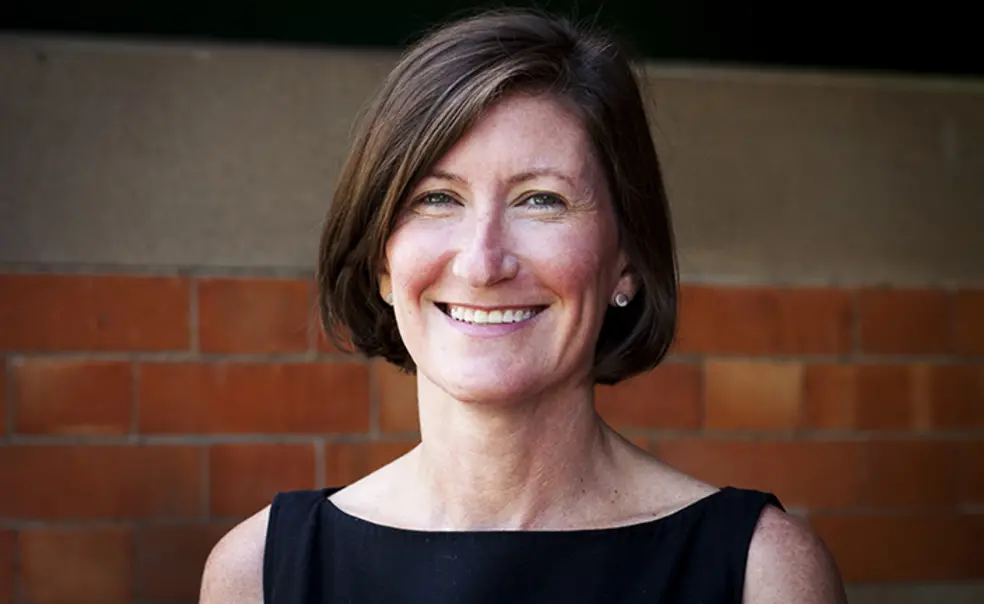Leanne Smith *08 Is Leading Australia’s National Human Rights Commission
Twenty years after her first job with the group, Smith is returning as chief executive
Leanne Smith *08, an Australian diplomat and lawyer, says her new job feels like “coming home.”
In November, the Princeton School of Public and International Affairs graduate steps into her role as chief executive of Australia’s independent National Human Rights Commission based in Sydney where a little over 20 years ago, Smith, recently out of law school, found her footing.
“The range of jobs I’ve had since I was there last has given me a lot of perspective,” says Smith. “If there’s a thread to my career, it’s always been human rights.”
After her first job at AHRC, Smith entered a nine-year term in diplomacy with the Australian Department of Foreign Affairs and Trade. Then came her next pivot, when she moved to Afghanistan as a field officer for the United Nations. For two years, Smith drove between six provinces in the country to monitor and report on human rights violations.
She worked with women who would later lead the Afghan women’s rights movement and supported local shelters that offered housing and visa help to women after abusive relationships.
“I was a human rights lawyer, but it was almost a bit more like social work,” she says. “It’s real people’s lives you’re dealing with, not a theoretical exercise. I learned [as much] about myself as about geopolitics and the state of the world.”
The fieldwork exposed Smith to an important snag in policy design: The people affected by policies are rarely included in the early stages of policy writing. And central to changing that process, she said, is listening closely to UN staff and local NGOs on the ground.
“The first thing [that experience] did was give me an enormous sense of respect for people working at the grassroots level,” she says. “That’s where you really understand the problems and what’s needed in terms of solutions.” The role led Smith to Princeton for graduate school and later to the UN headquarters in New York City. There she directed policy and best practices for UN Peacekeeping.
One of Smith’s trickier projects involved addressing a string of complicated cases. On several occasions, the UN uncovered that employees hired to run peacekeeping missions had violated human rights laws in their own countries.
“You can imagine the damage that does to the UN’s legitimacy, to have a human rights violator working for the UN,” Smith says. “It was a wicked problem. On the one hand, the UN is desperate for boots-on-the-ground peacekeepers.” On the other hand, she says, “we have to stand for some pretty serious human rights principles.” Smith was tasked with designing a policy to prevent those cases — a complicated trend with implications beyond just the peacekeeping department. Her solution, which is now an organization-wide policy, involves a human rights screening of all UN personnel.
By 2017, Smith had moved back to Australia and reentered the world of academia. She currently runs the Whitlam Institute, a Prime Ministerial research think tank at Western Sydney University that focuses on social justice. It’s become an exercise in bridging policymakers and academics — two careers Smith knows well.










No responses yet